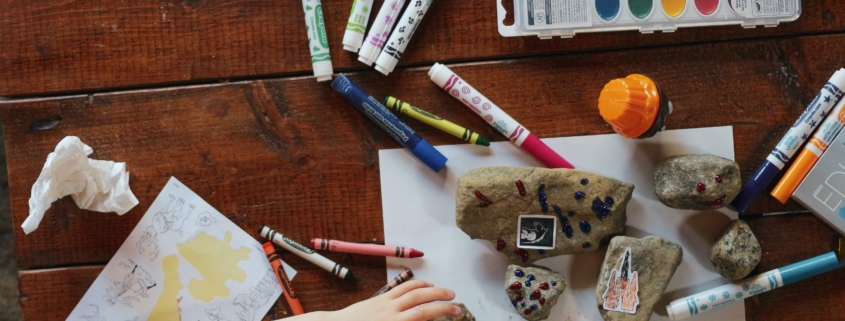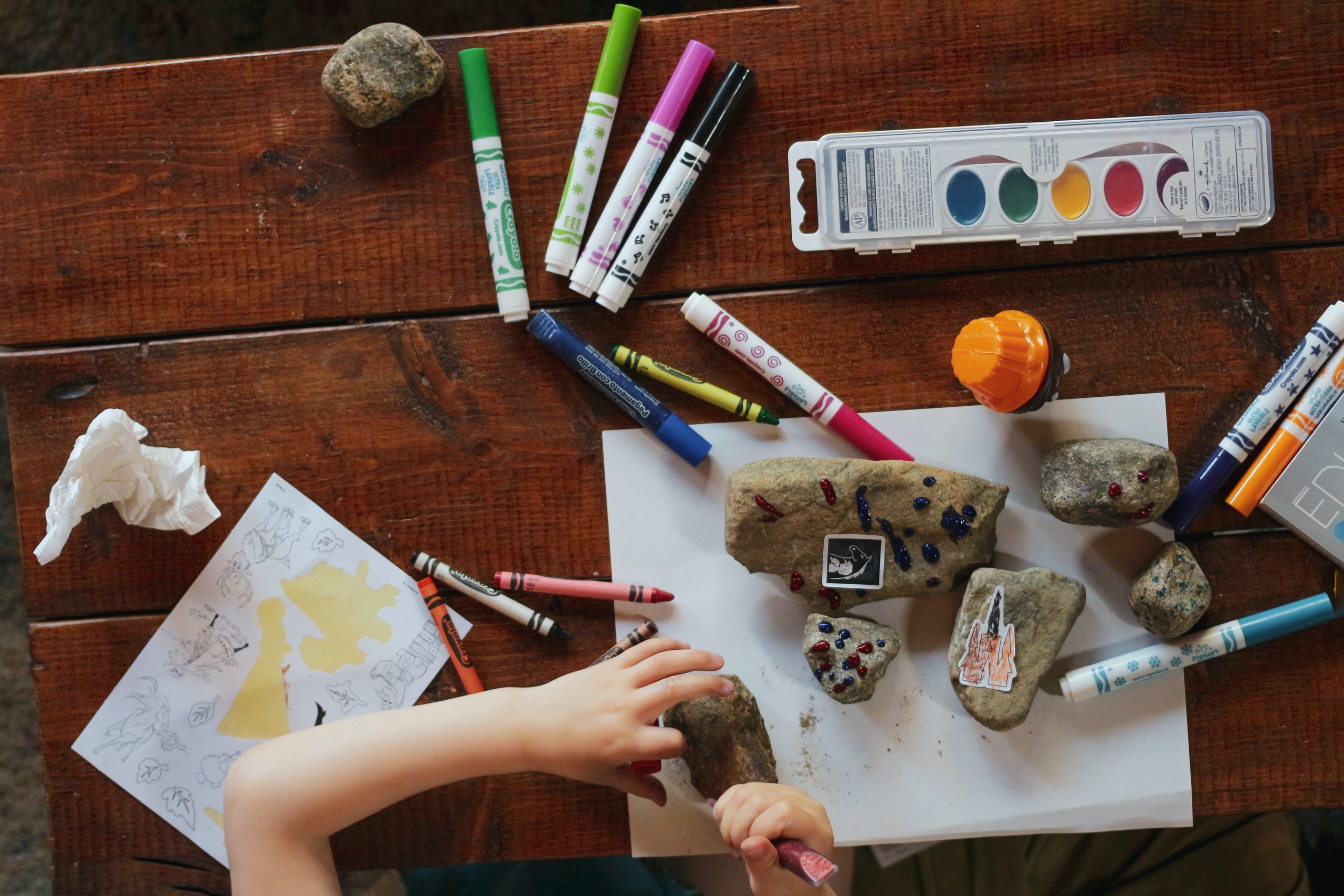The Power of Play: It’s so Much More than Fun and Games
Play is often talked about as if it was a relief from serious learning, but for children, play is serious learning. Play is really the work of childhood. — Fred (Mister) Rogers
Who are you going to believe if not Mister Rogers? Even the Convention on the Rights of the Child of the United Nations recognizes the importance of play, proclaiming that every child has the right to engage in play and recreational activities appropriate to their age of the child and to participate freely in cultural life and the arts.
Playing is much more than participating in fun activities, though.
Through playing house, make-believe, and peekaboo, children learn social interaction and creative thinking, among other things. In this article, we’ll discuss the importance of play and provide you with some useful ideas for creative games with your kids.
Developing the Brain
Right from the start, playing is essential for a baby’s brain development. Even when they drop things on the floor, babies learn about cause and effect. They’re discovering something new by making an accidental mark with the crayon. As they grow, the games will become more complicated, and they’ll have more obstacles to overcome. Regardless of the type of game, children’s brains will become more developed by exploring and being curious.
These are the foundations for cognitive processing and intellectual development. Unstructured play strengthens the prefrontal cortex of the brain, which influences the way children solve problems and learn.
Improving Vocabulary
Whether it’s a social activity or a creative one, playing can be useful for improving children’s vocabulary. Kids practice new words when communicating with their playmates or their parents, but they also learn how to express themselves better by telling stories and using their imagination.
You can help your child improve their vocabulary by giving them a new word each day, providing them with a description, and then asking them to draw their idea of the word. They can also act out words they’ve learned. Use the new words to write a story to enhance their imagination.
Older kids can play word games, such as scrabble. There’s also an anagram solving tool that allows you to get creative by entering a string of letters and getting a word list. This can help your children improve their word fund as well as boost their logical thinking.
Stretching Imaginations
When we think about the things we lose as we grow old, the first two that come to mind are imagination and creativity. These two traits are precious for kids, and you should nurture that. Allow them to get lost in pretend worlds and create make-believe games. The fact that a stick can become a sword or that a box can be a house is amazing. The creativity encouraged at a young age contributes to success in later life.
Emotional Benefits
As adults, we find different ways to cope with our emotions. Children are still learning, and they need to play to reduce stress and irritability. While playing, kids are processing their emotions. When they lose a game, they learn to process anger, sadness, and disappointment. At the same time, play boosts self-esteem and joy. It can also be helpful for parents to observe children while they’re playing because they’ll be able to understand their emotions better if the kids still don’t know how to name them.
Learning to Interact with Others
Play is essential for social development. Cooperative games, especially, help children hone their social skills while figuring out the group’s dynamics. They learn to compromise, share, and collaborate, but also to respond to the feelings of others. Kids often fight (verbally and physically), but when this is not extreme, it actually helps them learn how to resolve conflicts. All of these skills are critical for forming relationships, participating in society, and achieving academic success.
Developing Motor Skills
Finally, play helps children develop their fine and gross motor skills. Most activities encourage movement, balance, and spatial relationships. They also support other skills such as body awareness, stamina, energy, and flexibility. Examples of physical play include riding bikes, climbing trees, swimming, running, jumping, and dancing.
While unstructured play should be encouraged, depending on the child’s age, you should also engage in other activities, from peekaboo (teaches them about object permanence) and pretend play to puzzles and sports.
Children’s worlds are colorful, bright, and brimming with possibility. It’s our job as parents to nurture those worlds, strive to understand our children, and help them learn in ways that best suit them. Play is at the center of everything, and for children, it’s the very foundation of discovering the world around them.
By Sarah Kaminski
Sarah is a life enjoyer, positivity seeker, and a curiosity enthusiast. She is passionate about an eco-friendly lifestyle and adores her cats. She is an avid reader who loves to travel when time allows.


Leave a Reply
Want to join the discussion?Feel free to contribute!